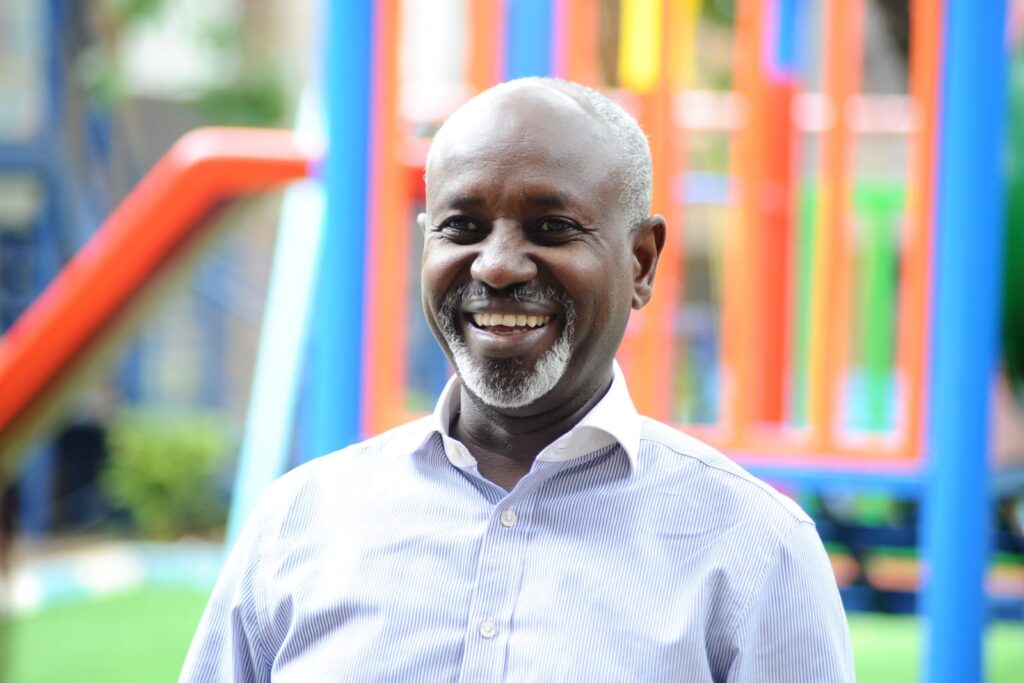Pandemic Spurs rise in mental health concerns in children, up to 40% may be affected

Between 20-40% of Kenyan children may be suffering from mental illness, but it can take up to 16 months for adolescents to see a mental health professional from the onset of their symptoms, Gertrude’s Children Hospital estimates.
The Covid-19 pandemic has had a negative effect on children’s mental health. The disruptions in routines, education and family, as well as concern for family income and health have spurred anxiety and fear among many young people whose future now seems uncertain, according to the United Nations Children Fund (UNICEF).
“There isn’t one single cause of mental illness. It is often a combination of genetic predisposition, temperaments or ways of thinking, and social stressors. Parents must be vigilant to spot any signs of distress in their children such as difficulty sleeping, bedwetting after having a few dry months, difficulty concentrating or even refusal to go to school. Sometimes, mental illnesses present with physical symptoms such as abdominal pain, unexplained headaches or fainting episodes,” says Dr. Thomas Ngwiri, the Head of Clinical Services at Gertrude’s Hospital.
Statistics by the World Health Organisation state that 10% of children worldwide face mental health conditions but the majority of them do not receive any help or care, which consequently extends to adulthood and limits their opportunities for leading fulfilling lives.

Gertrude’s Children’s Hospital CEO, Dr. Robert Nyarango, noted that parents should help their children access professional services if they display any signs of mental illness.
“Parents have a responsibility to not only look out for signs of mental distress in their children, but also provide them with access to services that will help them address those issues. While talking about mental illnesses is still seen as taboo in some contexts, ignoring the topic is likely to lead to serious repercussions. At Gertrude’s, we have a department that is dedicated to helping young people up to 21 years old deal with mental health issues,” said Dr. Nyarango.
As part of addressing the problem, children should be allowed space to air their concerns, addressing them appropriately and embracing counselling where necessary to help them deal with mental illness.
“The pandemic hasn’t only increased the frequency of mental health issues, but also shone a spotlight on awareness. Children these days are under a lot of pressure with their school calendars compressed and seeing their families struggle under tougher economic conditions. We must look at this as an opportunity to improve the way we respond to children who show signs of mental distress,” said Dr. Nyarango.








